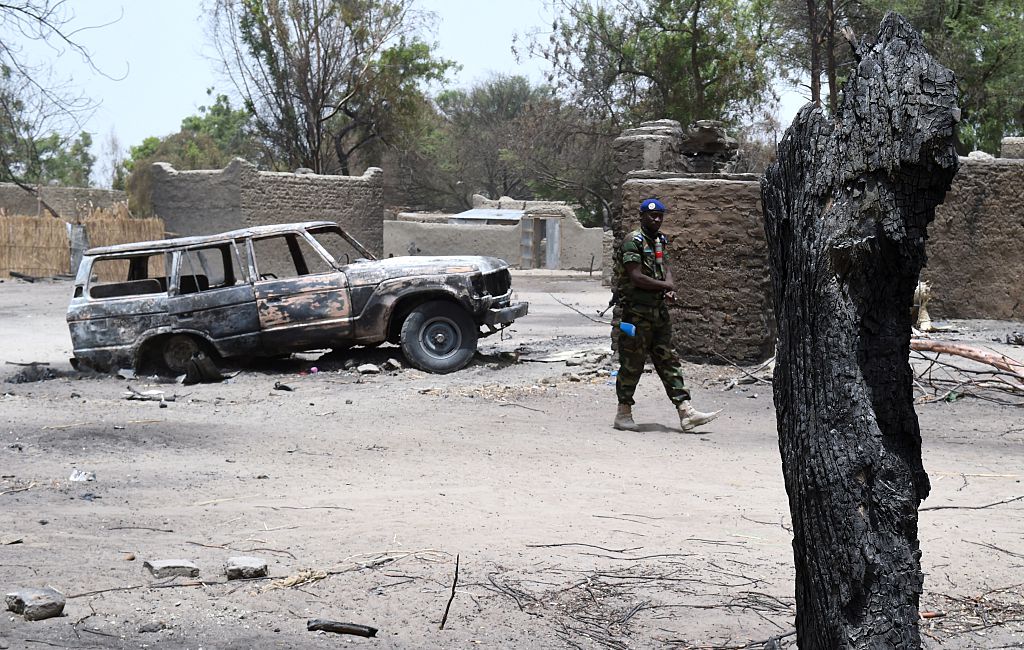ADF STAFF
A terror group’s campaign is more likely to escalate into a civil war when the state it operates in uses repressive tactics and when the group diversifies its attack strategies.
Although about 70% of terror groups end their campaigns within a year of the first attack, some continue fighting for decades. A new report by researchers at Embry-Riddle Aeronautical University, American University and DeSales University described why some insurgencies spark wider conflict. The report was published in the journal “Dynamics of Asymmetrical Conflict.”
“Violent repression helps terrorist groups convince moderate members to wage a rebellion,” the researchers wrote in The Conversation. “It also makes recruitment easier by increasing grievances against the state.”
The report cited historical examples from Angola and Mozambique to show that violent repression of insurgent groups can lead to civil war.
The Mozambican National Resistance, or Renamo, group originated in response to the marginalization of the country’s rural population and waged a 17-year rebellion that ended in 1992. The National Union for Total Independence of Angola, or Unita, turned its campaign for Angola’s independence from Portugal into a civil war from 1975 to 2002.
Both groups used a diverse style of attacks, which is another indicator of an insurgency capable of a wider reach.
The researchers — Ibrahim Kocaman from Embry-Riddle, Isa Haskologlu from American and Mustafa Kirisci from DeSales — recommended that states should target an extremist organization’s sources of funding and weapons to limit its ability to diversify attacks.
“Coordination and cooperation among security agencies, both domestic and internationally, can help in countering a terrorist group’s efforts to diversify its attacks,” the researchers said, adding that intelligence and surveillance should focus on neutralizing an extremist group’s ability to acquire new technologies.
They also recommended that states counter a terrorist group’s propaganda and recruitment to limit its abilities to attract new members.
Extremist organizations in the Sahel region and Lake Chad Basin use the internet to deliver propaganda, recruit and radicalize people, incite attacks, and fund and plot their operations, according to a report by the Institute for Security Studies. Throughout West Africa, terrorist groups are increasingly hijacking social media platforms and messaging apps.
In response to such trends, the United Nations Security Council in October 2022 adopted the Delhi Declaration, which aims to develop guiding principles to counter the use of new and emerging technologies for terrorism. The guidelines will address concerns surrounding the abuse of drones, social media platforms and crowdfunding.
The “Dynamics of Asymmetrical Conflict” report also found that the chances of a group conducting a terror campaign decrease by 57% when a state increases government spending by 2% per person. Countries with significant inequality in state investment between regions are more prone to insecurity.

